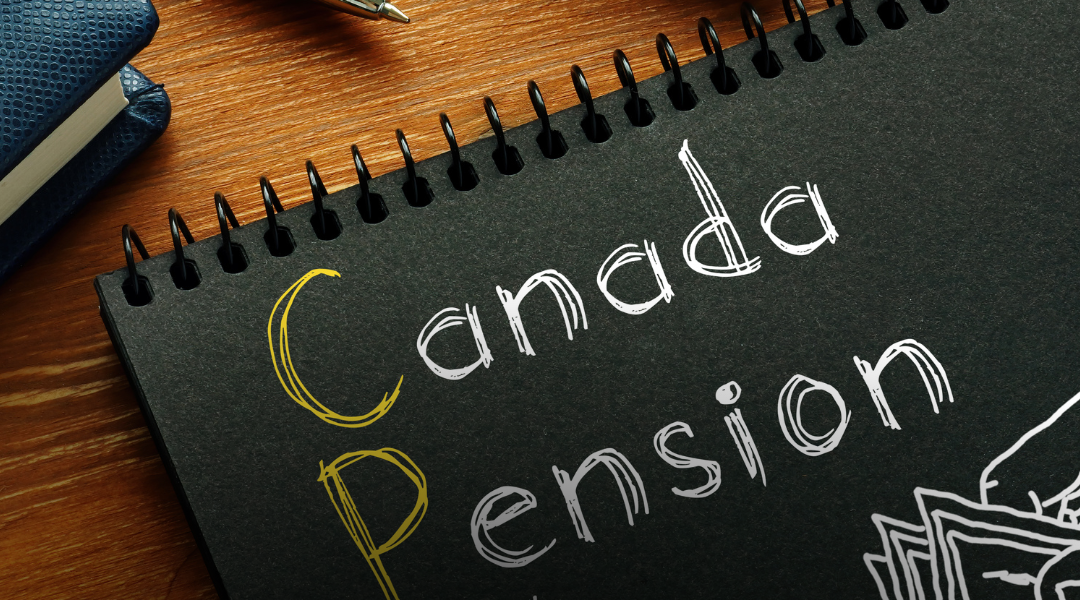Navigating the tax landscape for Canadians filing a U.S. tax return can be a challenging endeavor due to the intricate interplay between the tax laws of both countries. This article aims to shed light on the tax implications for Old Age Security (OAS) and Canada Pension Plan (CPP) payments for such individuals. We will delve into how these benefits are taxed, the significance of the tax treaty between the U.S. and Canada, some of the forms required for reporting these benefits, and the necessity of professional tax advice for informed decision-making. Be aware that while our goal is to provide a broad understanding, tax situations vary significantly and professional advice is paramount for accurate reporting and compliance.
The Taxation of Old Age Security (OAS) and Canada Pension Plan (CPP) Payments to Canadians on a U.S. Tax Return
As a Canadian resident reporting on a US tax return, it’s vital to understand how taxation works for OAS and CPP payments. Generally, these benefits are taxable by the Canadian government. For US tax purposes, however, the rules differ. The tax treaty between the U.S. and Canada allows these benefits to be taxed only in the country of residence, which means a Canadian resident receiving OAS and CPP may not be subject to taxation in the United States.
Reporting Old Age Security (OAS) and Canada Pension Plan (CPP) Payments on a U.S. Tax Return
While OAS and CPP payments are typically not subject to U.S. tax for a Canadian resident, they still must be reported on a U.S. tax return if the individual is a U.S. citizen or resident. The U.S. taxes its citizens and residents on their worldwide income. Therefore, these benefits should be reported on Form 1040, the U.S. Individual Income Tax Return.
Form 8833, Treaty-Based Return Position Disclosure for OAS and CPP
Form 8833, Treaty-Based Return Position Disclosure, comes into play when a taxpayer takes a position that a U.S. tax law contradicts the provisions of a tax treaty, resulting in a reduced rate or exemption from tax. A Canadian resident receiving OAS and CPP benefits may need to file Form 8833 if they claim a treaty position that these benefits are exempt from U.S. tax. It’s important to remember that tax situations can be complex and unique to each individual. Therefore, professional tax advice should be obtained before filing any forms or making tax-related decisions.
In conclusion, understanding the taxation of OAS and CPP payments for Canadians living in the U.S. is a complex process that involves navigating both U.S. and Canadian tax laws. Although the tax treaty between these countries helps mitigate double taxation, reporting regulations still apply. Individuals in this situation should seek professional advice, considering the specificities of each case. Remember, reliable and accurate tax reporting is a legal responsibility, and ensuring compliance requires a thorough understanding of these intricate tax laws.
Need Help from a Cross-Border Tax Preparer in Toronto or Oakville, Ontario?
Karlene J. Mulraine, EA, CPA, CA, CPA (NH) is the President of Cross-Border Financial Professional Corporation. Follow us on Linkedin and Twitter, or hang out on Facebook.
The views expressed in this article are those of the author and should not be relied on to make decisions. Consider discussing your specific circumstances with an appropriate specialist.

